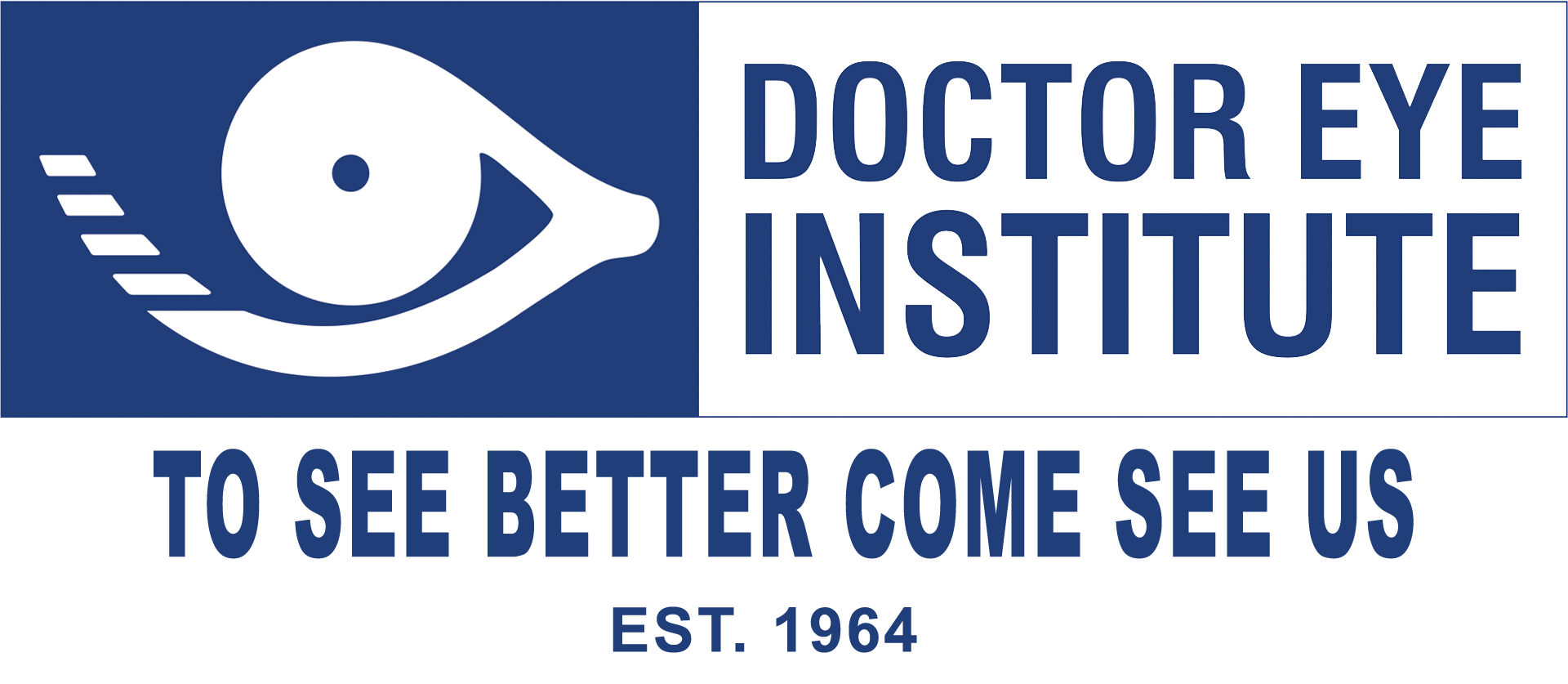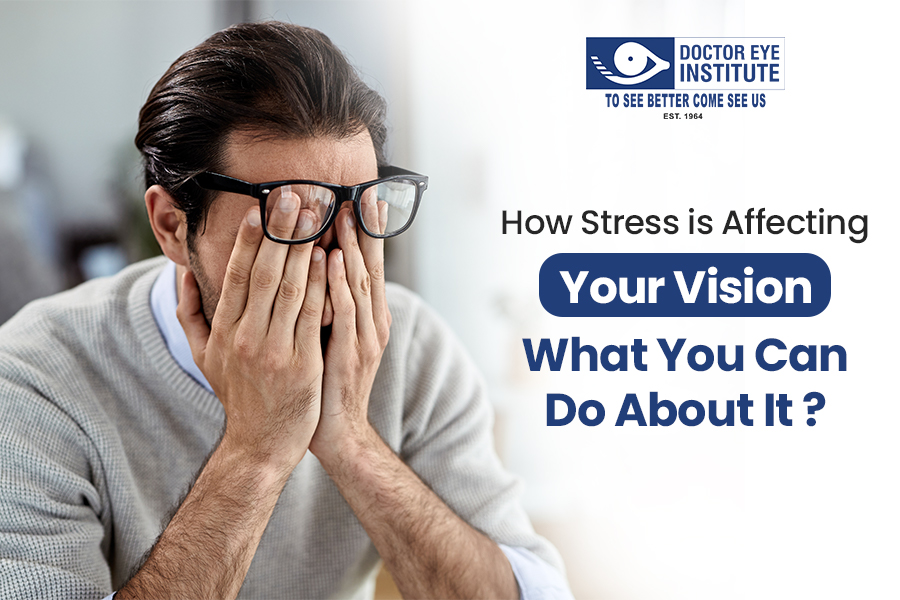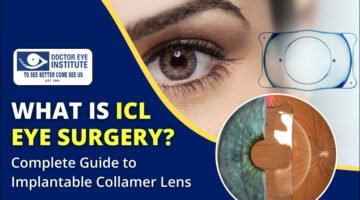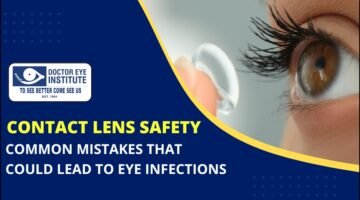How stress affects your vision and what you can do about it?
In today’s fast-moving world, stress is a part of everyday life. From work pressures to personal challenges, it can feel like there’s no escape from the mounting tension. But stress doesn’t just affect your mental health, it can also have a noticeable effect on your physical well-being, including your vision. Understanding the link between stress and your eyesight is crucial to maintaining overall health. Here’s a closer look at how stress affects your vision and how to reduce its impact.
The Connection Between Stress and Vision
Visual Disturbances
One of the most immediate ways stress can affect your vision is through visual disturbances. High-stress levels can lead to symptoms such as blurred vision, double vision, and even tunnel vision. For example, when you are stressed, your pupils may dilate more than usual, which can impact your focus and clarity.
Dry Eye Syndrome
Stress can also cause dry eye syndrome. When you are stressed, your body produces fewer tears, leading to dryness and discomfort in your eyes. This can be particularly problematic if you spend long hours in front of a screen, as this situation can already contribute to dryness. The combination of stress and screen time can leave your eyes feeling irritated and strained.
Eye Strain and Fatigue
Chronic stress can lead to increased muscle tension, including the muscles around your eyes. This tension can cause eye strain and fatigue, making it difficult to concentrate on tasks and potentially leading to headaches. If you find yourself squinting or rubbing your eyes more often, stress might be a contributing factor.
Changes in Vision
In some cases, severe or chronic stress can contribute to more serious vision issues. Stress can impact the health of your eyes by affecting blood flow and causing fluctuations in vision. For individuals with pre-existing conditions like glaucoma or diabetic retinopathy, stress can exacerbate symptoms and accelerate the progression of these diseases.
Strategies to Combat Stress-Related Vision Problems
Proven treatment option for rejuvenating tired eyes – Lipiflow
Lipiflow is a proven treatment option for rejuvenating tired eyes, specifically designed to treat Meibomian Gland Dysfunction (MGD), a leading cause of dry eye. Using a combination of heat and gentle pressure, Lipiflow clears blockages in the meibomian glands, helping restore natural oil flow to the eyes. This promotes tear stability, reduces irritation, and revitalizes the eyes, relieving dryness and discomfort.
At Doctor Eye Institute, we have a well-equipped Dry Eye Clinic that has been running steadily, providing patients with excellent results through regular follow-up. Our advanced treatments, including Lipiflow, offer proven solutions for rejuvenating tired eyes by targeting the root cause of dry eye.
Practice Relaxation Techniques
Incorporating relaxation techniques into your daily routine can help alleviate stress and its impact on your vision. Practices such as deep breathing, meditation, and yoga can reduce overall stress levels and improve your eye health. These techniques help calm the nervous system, which can, in turn, reduce the strain on your eyes.
Take Regular Breaks
If you spend long hours working on a computer or engaging in tasks that strain your eyes, make sure to take regular breaks. Follow the 20-20-20 rule: every 20 minutes, look at something 20 feet away for at least 20 seconds. This practice helps reduce eye strain and gives your eyes a chance to relax.
Stay Hydrated
Keeping your body well-hydrated is essential for maintaining eye health. Drinking plenty of water can help combat dry eye symptoms and ensure that your eyes remain moist and comfortable. Avoid excessive caffeine and alcohol, as these can contribute to dehydration.
Get Adequate Sleep
Lack of sleep can increase stress and lead to vision problems. Make sure you’re getting enough restful sleep each night to help your eyes recover and stay healthy. Aim for 7-9 hours of sleep each night and establish a consistent sleep routine to improve your overall well-being.
Maintain a Healthy Lifestyle
A balanced diet rich in antioxidants and omega-3 fatty acids can support eye health and combat the effects of stress. Foods like leafy greens, nuts, and fish are beneficial for maintaining good vision. Regular exercise is also crucial, as it helps reduce stress and improve circulation, which benefits your eyes.
Seek Professional Help
Experience optimal eye care at Doctor Eye Institute, a leading eye hospital in Andheri, Mumbai. If you are experiencing noticeable changes in your vision or persistent eye discomfort, it’s important to consult our expert ophthalmologists. They can assess whether stress is affecting your vision and suggest customized treatments or interventions.









